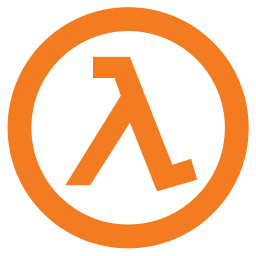

Some are just opportunists, but there are certainly true believers — either in specific technologies, or pedal-to-the-metal growth as the only rational solution to the world’s problems.
Andreessen is pretty open about it: https://a16z.com/the-techno-optimist-manifesto/







Yes, unfortunately, and it’s healthy to recognize that. Good on ya.